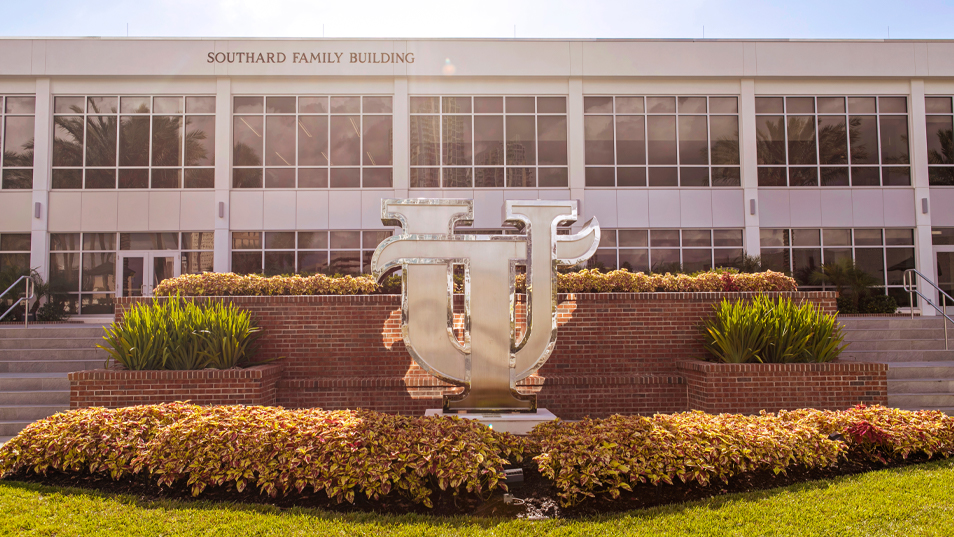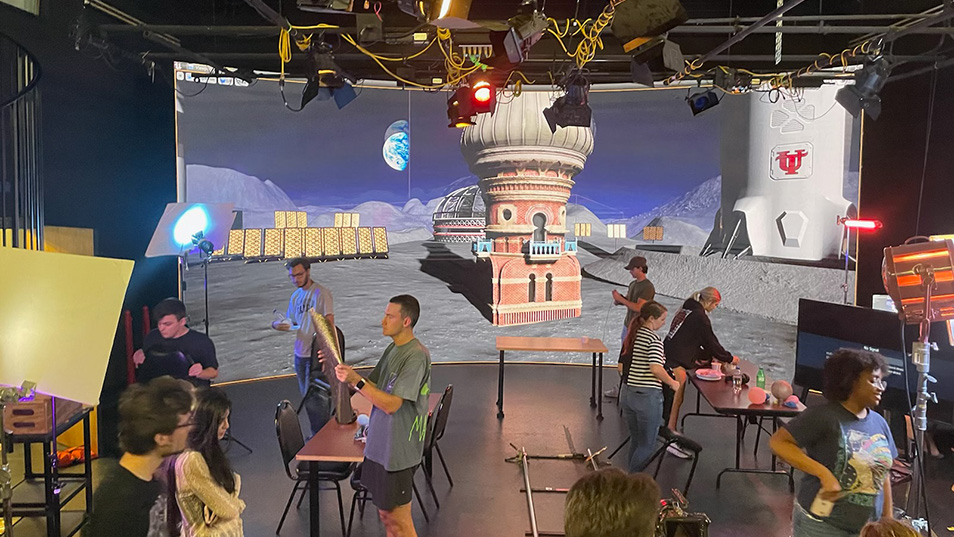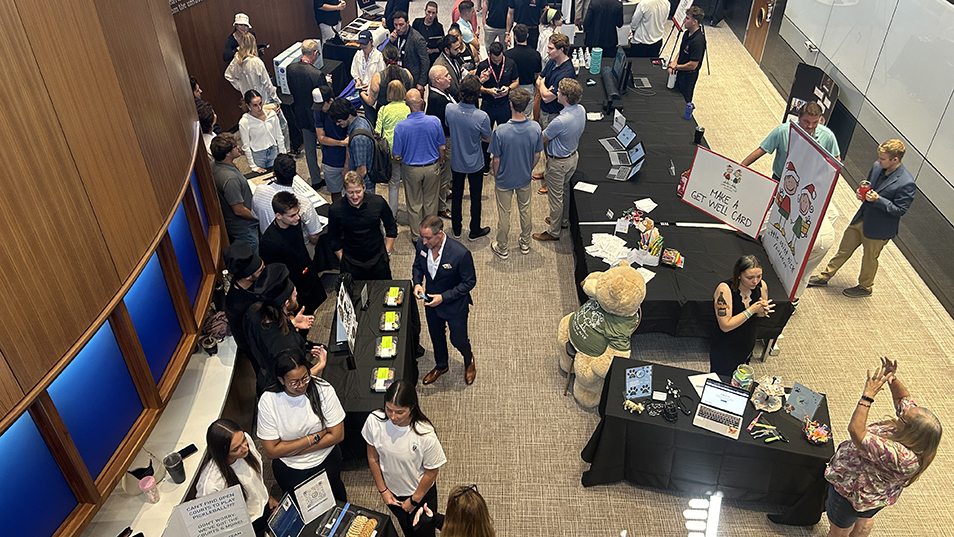Published: September 07, 2021
National Science Foundation Awards Five UT Faculty Members
Faculty members within the Department of Chemistry, Biochemistry and Physics at The University of Tampa have received two major grants from the National Science Foundation (NSF).
One grant, which is $360,000, will fund the project “Acquisition of a High-Resolution Mass Spectrometer for Education and Research” led by Kenyon Evans-Nguyen, professor of chemistry and director of UT’s forensic science program, along with Christine Theodore, assistant professor of chemistry, Kelly Deister, assistant professor of chemistry, and Michele Crosby, assistant professor of chemistry.

Approximately 27% of the total federal budget for basic research conducted at U.S. colleges and universities is funded by the National Science Foundation.
Mass spectrometry is one of the key analytical methods used to identify and characterize small quantities of chemical species in complex samples. “This is a cutting-edge instrument capable of helping find compounds in nature that could be used for medical treatments, for advanced applications in forensic science and for detecting contaminants in Tampa Bay.” The awarded instrument will broaden participation by involving diverse high school and undergraduate students with this technique, enhancing research and education at all levels.
Another grant will provide a total of $388,704 for the project “Development of Tripodal Ligands for Next-Generation Rare Earth Element Separations” led by Eric Werner, professor of chemistry, and his collaborator, Shannon Biros of Grand Valley State University. Werner aims to develop improved methods for extracting rare earth elements, most notably lanthanide metals from aqueous solution mixtures. With funding from this grant, which includes $177,980 of direct support of research activities at UT, Werner and his students will explore new extractant molecules and extraction protocol parameters to identify optimal conditions for selective recovery of these critical materials.
“These metals are commonly found in many high-tech products including smart phones, medical diagnostics and electric vehicles, and their use is increasing as new technologies emerge in areas ranging from biomedical to alternative energy applications,” said Werner. “Due to the marked chemical similarities across the lanthanide metal series, current procedures used to obtain these valuable metals in high purity are generally inefficient and produce large amounts of environmentally harmful waste. We hope to find new ways of accomplishing these separations more efficiently.”
The National Science Foundation is an independent federal agency created to promote the progress of science. The NSF funds research and education in science and engineering, through grants, contracts and cooperative agreements. Approximately 27% of the total federal budget for basic research conducted at U.S. colleges and universities is funded by the NSF.



